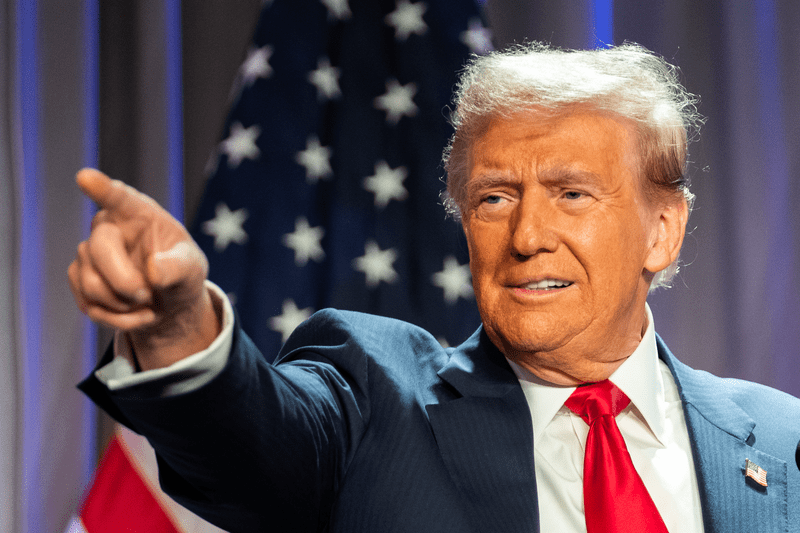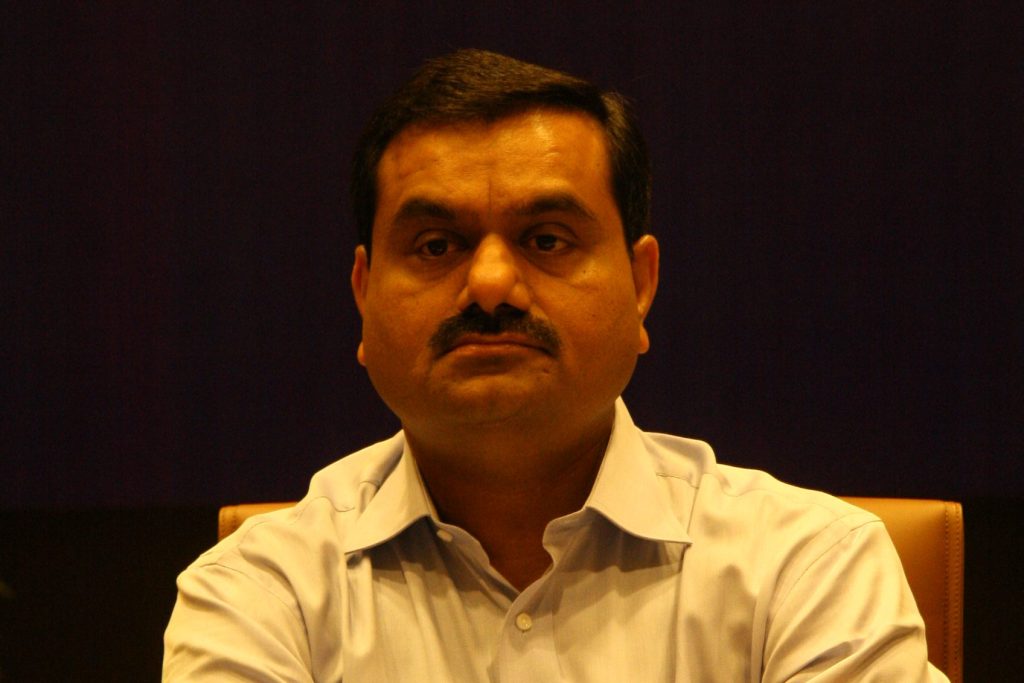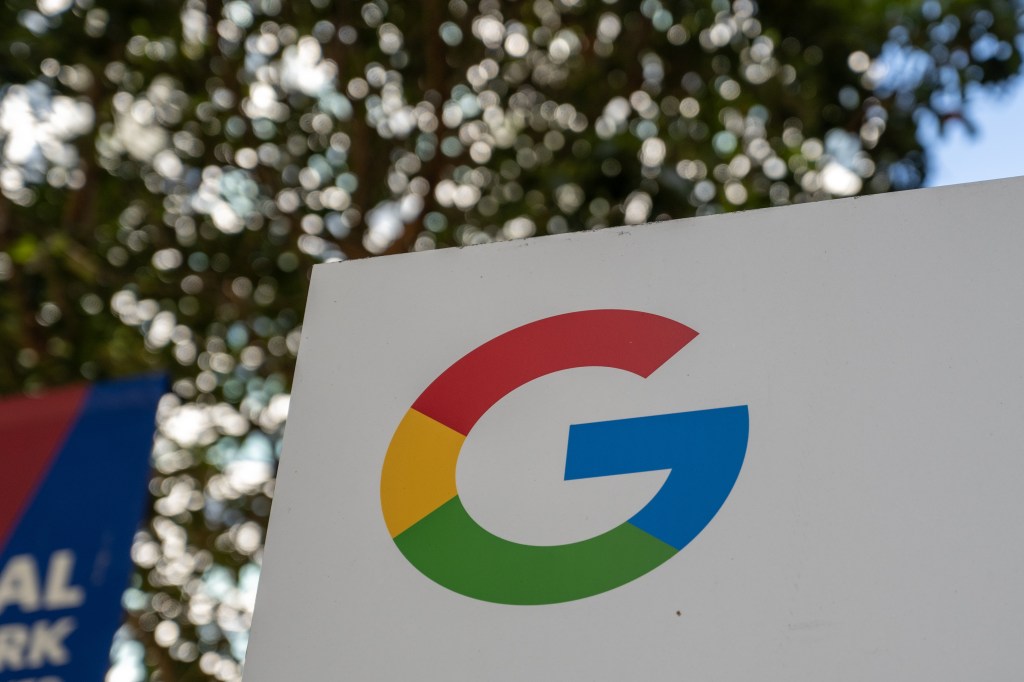Google has been found guilty of illegally monopolizing the internet search market through exclusive deals. It’s a landmark victory, a first win for the US government in a major antitrust case against Big Tech in over two decades and labelled “a historic win for the American people” by US attorney general Merrick Garland.
In an increasingly tumultuous year, the ripples from the ruling could be felt all the way to the White House as tech becomes a bigger issue in the political landscape. We now live in a post Crowdstrike, post Google-monopoly ruling world.
The 286-page decision issued by Judge Amit Mehta found Google guilty of breaching Section 2 of The Sherman Act. “After having carefully considered and weighed the witness testimony and evidence, the court reaches the following conclusion: Google is a monopolist, and it has acted as one to maintain its monopoly,” the ruling read.
During the weeks-long trial, the US Department of Justice (DOJ) argued the search giant cemented its position as the default search engine by paying tens of billions of dollars a year for anti-competitive deals with wireless carriers. Those payments came to more than $26 billion in 2021 alone.
“This decision recognizes that Google offers the best search engine, but concludes that we shouldn’t be allowed to make it easily available.”
Kent Walker, president of global affairs, Google
Mehta agreed that Google has a monopoly in “general search services” and “general search text advertising,” but rejected the DOJ argument that the search giant had monopoly power in one specific area of the advertising market.
Planning an appeal
Google is planning an appeal. Kent Walker, the company’s president of global affairs, said: “This decision recognizes that Google offers the best search engine, but concludes that we shouldn’t be allowed to make it easily available.”
That appeal may delay any decision on what remedial action is required – this ruling was about Google’s liability.
Google had argued that its contracts with phone and browsers manufacturers such as Apple were not exclusionary. Mehta used the framework from the government’s last major antitrust victory against a tech player, US v Microsoft, to reject Google’s argument that because its actions had remained consistent before and after it attained market dominance, it was not violating Sherman.
“The prospect of losing tens of billions in guaranteed revenue from Google — which presently come at little to no cost to Apple — disincentivizes Apple from launching its own search engine when it otherwise has built the capacity to do so,” he wrote in the ruling. “The market reality is that Google is the only real choice as the default GSE.” He backed this up by quoting the testimony of Apple SVP Eddy Cue, who said that there was “‘no price that Microsoft could ever offer [Apple] to’ preload Bing.”
“This decision should not be understood as condoning Google’s failure to preserve chat evidence … Google avoided sanctions in this case. It may not be so lucky in the next one.”
Judge Amit Mehta
During the trial, one expert witness for Google let slip that the company shared 36% of revenue from search ads on Apple’s browser Safari. Google paid Apple $20 billion to maintain its default position on Apple’s browsers in 2022. Mehta wrote: “If that’s what it takes for somebody to dislodge Google as the default search engine, wouldn’t the folks that wrote the Sherman Act be concerned about it?”
Mehta concluded: “Time and again, Google’s partners have concluded that it is financially infeasible to switch default GSEs or seek greater flexibility in search offerings because it would mean sacrificing the hundreds of millions, if not billions, of dollars that Google pays them as revenue share. These are Fortune 500 companies, and they have nowhere else to turn other than Google.”
No sanctions
Moving on to the subject of search text advertising, Mehta found there was no “meaningful competitive restraint” to prevent Google raising prices because of its exclusive agreements. He found the evidence “does not reflect a principled practice of quality-adjusted pricing, but rather shows Google creating higher-priced auctions with the primary purpose of driving long-term revenues.”
The DOJ had also asked for sanctions to be imposed on Google for failing to preserve chat messages relevant to the case. Mehta did not do this, but said his decision “should not be understood as condoning Google’s failure to preserve chat evidence … Google avoided sanctions in this case. It may not be so lucky in the next one.”
“These are Fortune 500 companies, and they have nowhere else to turn other than Google.”
Judge Amit Mehta
That “next one” will begin on September 9 in Virginia, when the DOJ and Google go head to head on whether the search giant has illegally monopolized digital advertising technology.
The impact of this ruling is amplified by the fact that Amazon, Apple and Meta all face lawsuits from the US government over monopolization. At the heart of those arguments is an interesting question of where the free operation of markets ends and monopoly practice begins.
That in turns leads us to the wider question of the growing influence of key figures in the Big Tech world in politics as the race for the White House hots up. Silicon Valley, traditionally seen as a bastion of liberal thinking, is increasingly falling in behind Donald Trump, and government attempts to limit Big Tech power look set to become a key election issue.













